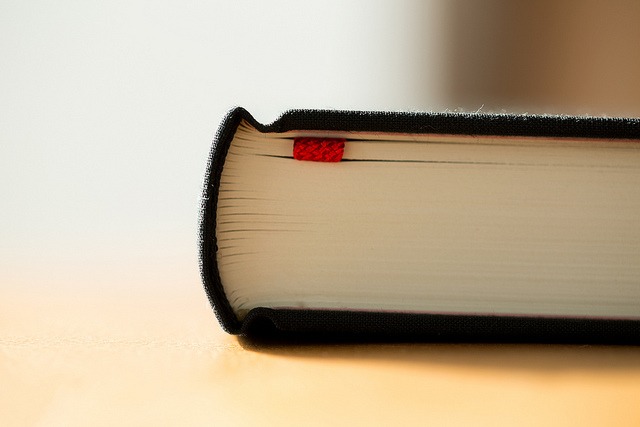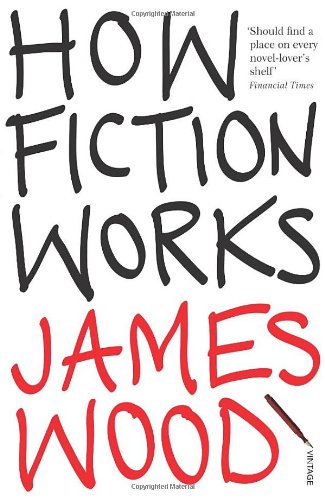1. The Elements of Style – William Strunk and E.B White
This style manual offers great advice to writers who want to learn the basics of the English language – grammatical and structural. This book is one of the top recommended titles to writers and editors as it concentrates on the rules of usages and composition within plain English language – reinforcing that writers (and editors) need to know the rules, before they break them.

The manual is split into five chapters and a glossary. It presents excellent notes on everything from words and expressions to formatting the styles within your own writing. It is perfect for students studying the English language either in high school or tertiary level education, who want to understand the fundamental elements of language and what it means to actually be a writer.
Together Strunk and White have created a wonderful guide for writers. The Elements of Style shares both wisdom and written elegance in a modernised way. Both authors complement each other with their various attitudes towards different styles. For example E.B White is more flexible with the rules, whereas, William Strunk is a bit strict; this creates a certain Yin and Yang feel.
2. The Seven Basic Plots: Why We Tell Stories – Christopher Booker
This book is a step-to-step guide providing analyses on how different plots work within film and novels, using examples from plays, novels, movies and television shows. Demonstrating seven central themes that repeat in various stories, Christopher Booker explains each plot and answers why and how they are programmed into the stories.
Booker provides examples of how these basic plots are used in the different genres and relates them back to the main protagonist or hero. He gives an insight to the characters by drawing on their developments within the story and uses this to demonstrate a reoccurring pattern from 200 years ago.
This book is great for writers exploring various genres in their writing, and is also a useful resource for screenwriters given the extensive film examples. The Seven Basic Plots is a informative title for writers who are interested in the historic nature of storytelling.
3. How Fiction Works – James Wood

This piece is a critical essay that guides the writer through the basic elements of writing. How Fiction Works explores what style is, and the connection between non-fiction and fiction. Wood uses examples from many successful novels and demonstrates how the conventional rules of the English language can be broken.
Especially rewarding for those writers who wish to gain more insight into the differences between fiction and non-fiction, Wood shows us how genres can be used to convey both trick and truth.
How Fiction Works is perfect for those who find academic jargon difficult, and enables new writers to define metaphors, construct compelling characters, and differentiate between empathy and sympathy. Imaginative and engaging, this book takes the English language and ideas of writing to an artistic level.
4. Your Book Publishing Options – Euan Mitchell
This title is ideal for anyone interesting in self-publishing or becoming an ‘Indie’ writer. A modernised Australian guide written by an Australian author, Your Book Publishing Options works both for new and experienced writers, who are keen to develop both their creative and business mindsets.
Euan Mitchell explains step-by-step how to self-publish a book keeping costs low and creating greater profits.It also touches on marketing as well as comparing the pros and cons eBooks versus print books. It’s arranged in a workflow format that encourages writers to make informed decisions, decisions that could save writers from debt. A much-needed guide for aspiring indie authors who crave a professional standard of work.
5. How Language Works – David Crystal
A perfect tour for writers who want to learn the ins and outs of language. With topics ranging from how children learn to read to adults understanding a variety of languages, this book covers languages either spoken, written or sign as well as structure, dialects, and multilingualism.
Author David Crystal explains how communication is crucial to a writer and shows how the English language is never predictable in the way people speak, write and read. He is very clear and concise in the way he highlights the issues relating to language, and still is able to entice the reader. Crystal shows his great passion for writing, encouraging any writer to study each style carefully.
How Language Works is a guide to help writers hone their skills in their niche. It’s a comprehensive look at the development of language as well as how it is learned and used.
One response to “5 Recommended Books for Writers”
Strunk and White sits on my desk, it’s definitely a must-have! Omit needless words!